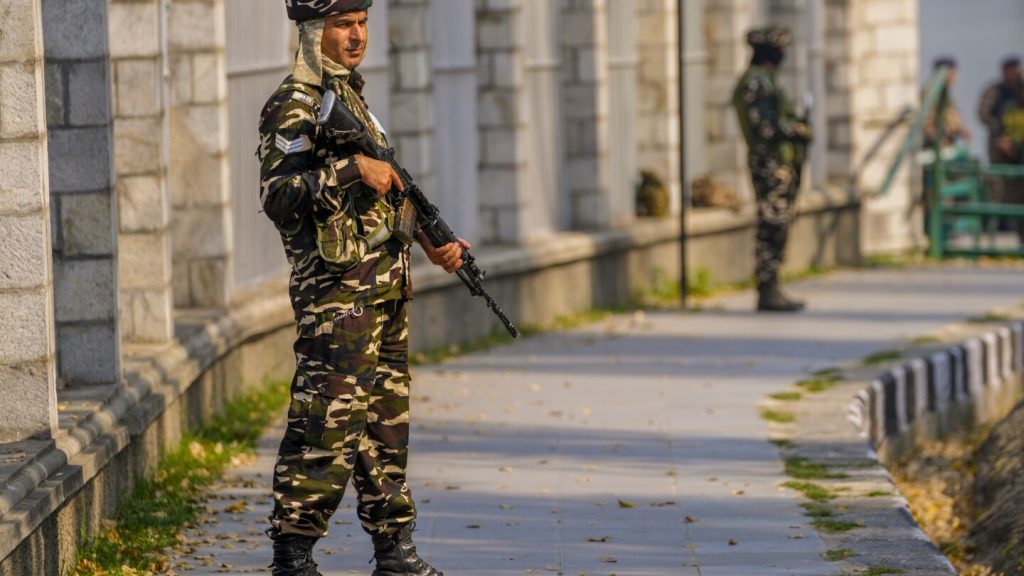The National Conference party in Kashmir has won the most seats in the local election, with its leader Omar Abdullah set to become the region’s chief minister. This election marks the first in a decade and comes after India removed Kashmir’s special status in 2019. The National Conference’s victory is seen as a rejection of the Modi government’s changes and a call for restoration of the region’s autonomy. The new government, however, will have limited powers as Kashmir will remain a “union territory” under direct control of the federal government.
India and Pakistan both claim Kashmir in its entirety, leading to conflicts between the two nuclear-armed rivals. Prime Minister Modi congratulated Abdullah and promised to work closely with him and his team. The National Conference leader, Aga Syed Ruhullah Mehdi, stated that the new government in Kashmir will act as both a government and an opposition, opposing Modi’s policies while fighting for the region’s rights. He highlighted the negative impact of the revocation of Article 370, which stripped Kashmir of its previous rights.
Tensions have been high in Kashmir since the 2019 changes, with civil liberties curtailed and media freedoms restricted. The region has been on edge, and authorities have imposed restrictions on foreign media coverage and access. The recently concluded election saw the National Conference win most seats from the Kashmir Valley, while the BJP secured seats from Hindu-dominated areas of Jammu. The Congress party also had success in a few constituencies. Militancy in Indian-controlled Kashmir has been ongoing since 1989, with many Muslim Kashmiris supporting the rebels’ goal of independence.
Experts warn that the new government in Kashmir, despite winning the elections, faces challenges due to its limited powers and the tight control of the federal government. Calls have been made to restore Kashmir’s statehood to empower the local government and fulfill election promises. Senior analyst Praveen Donthi emphasized the importance of restoring full statehood to prevent disaffection and potential failure. Prime Minister Modi and Home Minister Amit Shah have indicated that statehood will be restored after the election while ensuring economic development.
For the new chief minister, Omar Abdullah, leading a powerless administration will require navigating the delicate balance between representing Kashmir’s interests and moderating the central government’s control. Donthi noted that Abdullah will likely serve as a buffer to mitigate New Delhi’s actions but will face challenges. Overall, the situation in Kashmir remains complex, with the region’s political landscape and power dynamics in flux. The international community will be monitoring the developments in Kashmir closely as the new government takes office amid ongoing tensions and uncertainties.


